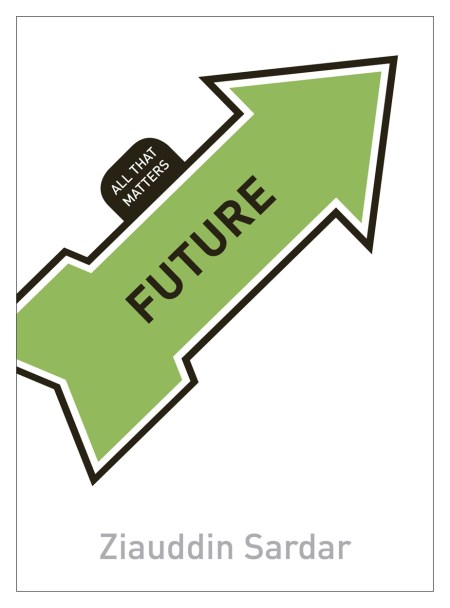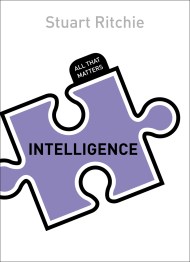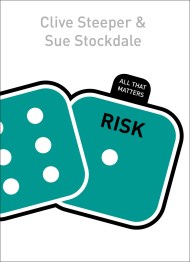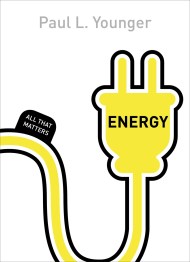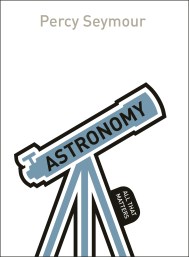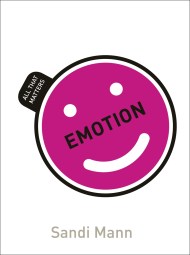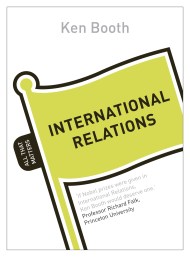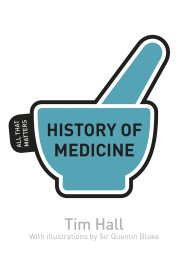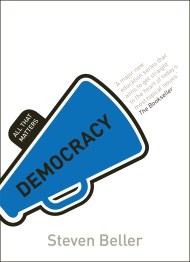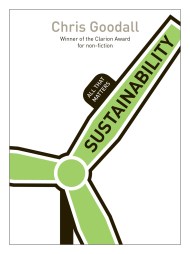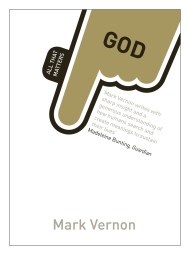Future: All That Matters
On sale
25th October 2013
Price: £8.99
In Future: All That Matters, Ziauddin Sardar shows that thinking and speculating about the future has always been a part of human history, but exploring the futures in a systematic and scientific way is a recent phenomenon. What is known variously as ‘futures studies’, ‘futurology’ or ‘foresight’ only emerged as a discipline during the last few decades. The study of the future, however, is not only about ‘predicting’ or ‘forecasting’ the future, which is always a perilous exercise. It is also about appreciating the potentials and possibilities, as well as risks and threats, lurking over the horizon. It can enable us both to avoid the dangers as well as shape a viable and desirable future.
This book explores the exciting field of futures studies, and shows how knowledge of the future is acquired and put into practice. We examine various methods for studying the future, with the emphasis not so much on predicting specific events but on delineating alternative paths to the future. We look at some celebrated readings of the future as well as case studies where exploration of the future has been used to shape policy and planning in businesses and communities, international organisations and regional institutions, and interest and lobby groups. Finally, the book suggests why and how in an increasingly complex, uncertain and diverse world, the study of the future can help people recover their agency and help them to create the world in which they wish to live.
This accessible and readable book will appeal both to students and general readers, giving a fascinating introduction to thinking about the future – and what matters most about it.
This book explores the exciting field of futures studies, and shows how knowledge of the future is acquired and put into practice. We examine various methods for studying the future, with the emphasis not so much on predicting specific events but on delineating alternative paths to the future. We look at some celebrated readings of the future as well as case studies where exploration of the future has been used to shape policy and planning in businesses and communities, international organisations and regional institutions, and interest and lobby groups. Finally, the book suggests why and how in an increasingly complex, uncertain and diverse world, the study of the future can help people recover their agency and help them to create the world in which they wish to live.
This accessible and readable book will appeal both to students and general readers, giving a fascinating introduction to thinking about the future – and what matters most about it.
Newsletter Signup
By clicking ‘Sign Up,’ I acknowledge that I have read and agree to Hachette Book Group’s Privacy Policy and Terms of Use

